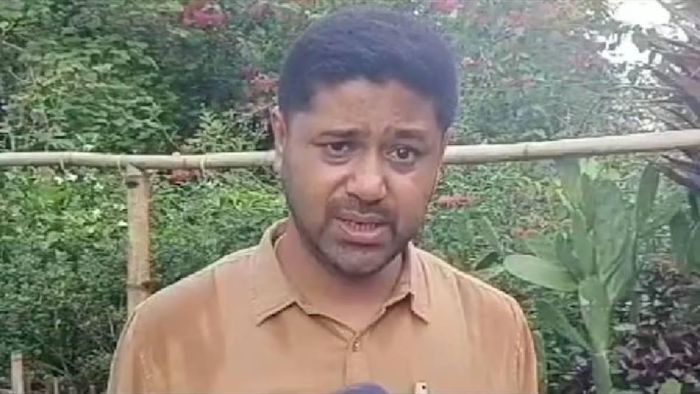Assam Jatiya Parishad calls for reinstatement of Old Pension Policy in state
Party president Lurinjyoti Gogoi stated on August 25 that the Union Finance Ministry has already given the green light to the state government to implement OPS, effectively allowing the state government to reintroduce the old pension system at any time.

- Aug 25, 2023,
- Updated Aug 25, 2023, 8:31 PM IST
The Assam Jatiya Parishad (AJP) has called for the repeal of the new National Pension Policy (NPS) and the reinstatement of the previous Old Pension Scheme (OPS).
According to this regional nationalist party, the NPS, introduced during the Vajpayee government in the name of reforming government employee retirement pensions, has stripped employees of their rights.
The AJP also accused the BJP of introducing the NPS as part of its pro-corporate policy.
Party president Lurinjyoti Gogoi stated on August 25 that the Union Finance Ministry has already given the green light to the state government to implement OPS, effectively allowing the state government to reintroduce the old pension system at any time.
''On August 22 and 23, approximately 3.75 lakh government employees in Assam staged a strike demanding the reinstatement of the OPS system. The Assam Jatiya Parishad has wholeheartedly supported the workers' protest,'' he added.
The AJP president said that Article 366, Section 17 of the Indian Constitution recognizes pension as an employee's right, and the Supreme Court of India, in the DS Nakara vs. Union of India case, has described pension as a cornerstone of social security. Given this, as a welfare state, the government bears the responsibility of providing post-retirement pensions to its employees in India, including Assam.
''Numerous countries worldwide, such as Sweden, Chile, Australia, South Korea, Canada, and the USA, have implemented similar National Pension Policies (NPS). However, due to opposition in these countries, including the USA, many have amended their systems and introduced alternative pension schemes,'' the AJP president claimed.
Gogoi further emphasized that NPS is predominant in corporate-controlled, capitalist nations. However, since India is a welfare state with a significant portion of its population relying on the government, it is imperative that the government ensures the financial security of its citizens, especially its employees.
Gogoi also argued that the NPS system hampers individual freedom and while some modern economists may view it as unproductive and burdensome on the state, this perspective contradicts the principles of a welfare state.
''India's government administers numerous flagship schemes and beneficiary programs, distributing vast sums under the Direct Benefit Transfer (DBT) system, which paid 31.24 trillion rupees since 2019 to the beneficiaries. Therefore, in the context of substantial government spending on social welfare, the government should also assume responsibility for the financial security of retired employees who dedicated their careers to government service,'' he said.
Gogoi stressed that employees contribute greatly to the country by upholding loyalty and confidentiality in their government roles. Disrupting their financial security during retirement could erode the spirit of public service.
The President of Jatiya Parishad clarified that NPS policies are typically directed by the central government, with state governments often passing responsibility to the center. However, in reality, the authority to implement pension policies rests with state governments. Referring to a memorandum submitted by the Assam Secretariat Services Association to the Prime Minister of India in 2019, Gogoi pointed out that the responsibility ultimately lies with the state government.
''Therefore, with the Government of India's approval, it should be straightforward for the Assam government to fulfill its responsibilities and reintroduce OPS in Assam,'' Gogoi added.
Also read: Assam government to advertise 22,000 posts in September, announces CM Himanta Biswa Sarma